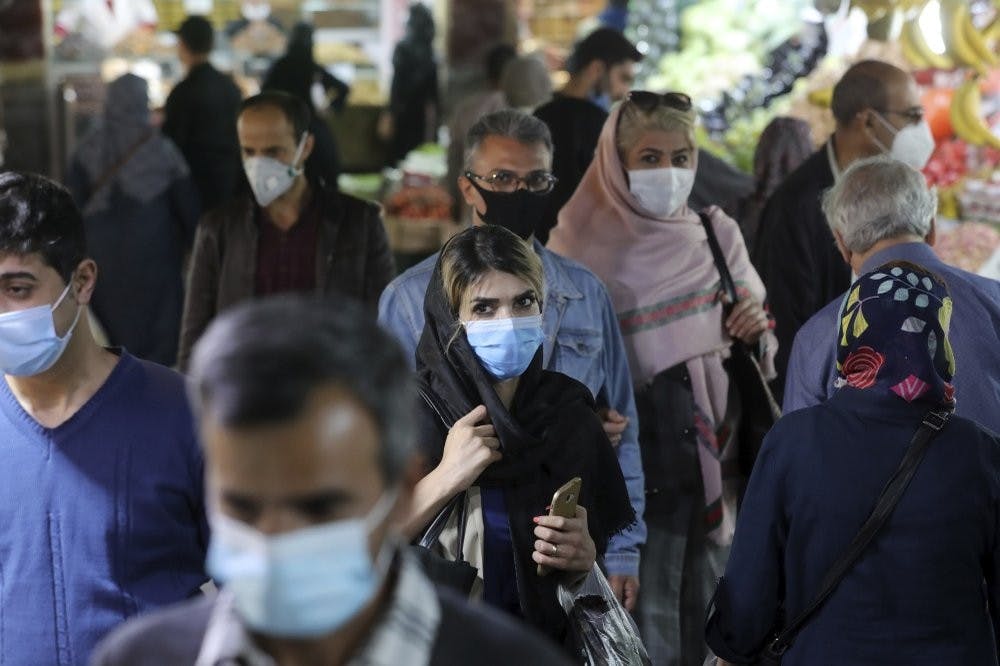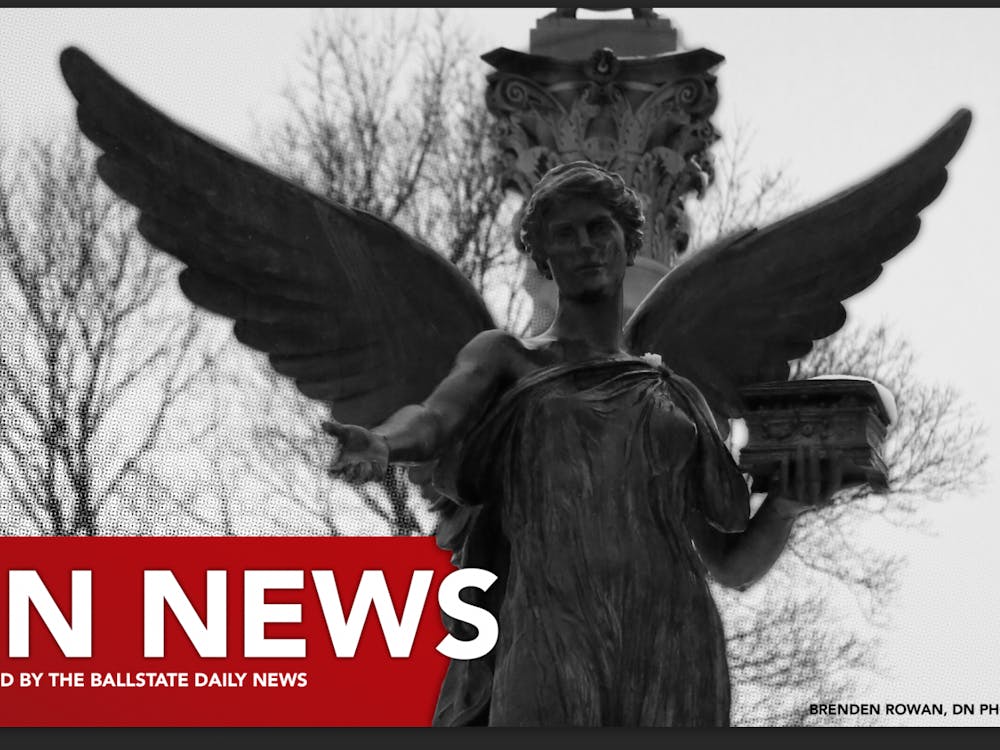Editor’s Note: This listicle is part of a weekly series by The Ball State Daily News summarizing five stories from around the world. All summaries are based on stories published by The Associated Press.
Spain enforces a curfew to curb the spread of COVID-19, Pope Francis names 13 new cardinals, Italy closes gyms and movie theaters for one month, Iran's health minister criticizes his government's handling of the pandemic and Japan rejects the United Nations' Treaty on the Prohibition of Nuclear Weapons make up this week's five international stories.
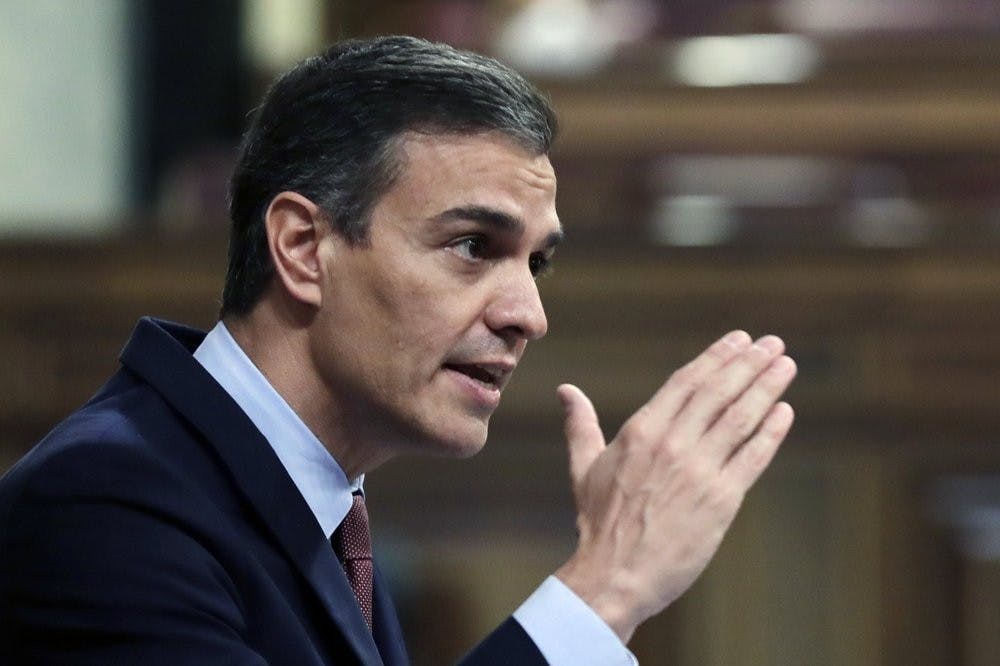
Spain orders nationwide curfew to stem worsening outbreak
Buckling under the resurgence of the coronavirus in Europe, the Spanish government on Sunday declared a national state of emergency that includes an overnight curfew in hopes of not repeating the near collapse of the country’s hospitals. Prime Minister Pedro Sánchez said the decision to restrict free movement on the streets of Spain between 11 p.m.-6 a.m. allows exceptions for commuting to work, buying medicine, and caring for elderly and young family members. He said the curfew takes effect Sunday night and would likely remain in place for six months.
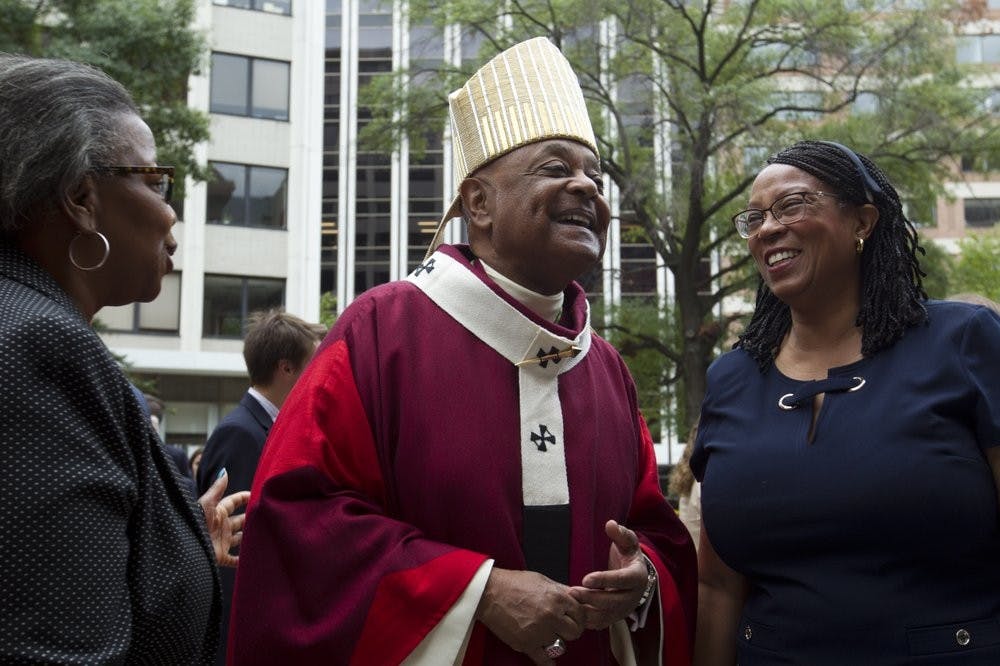
Pope names 13 new cardinals, including first Black US prelate
Pope Francis on Sunday named 13 new cardinals, including Washington D.C. Archbishop Wilton Gregory, who would become the first Black U.S. prelate to earn the coveted red hat. In a surprise announcement from his studio window to faithful standing below in St. Peter’s Square, Francis said the churchmen would be elevated to a cardinal’s rank in a ceremony on Nov. 28. Francis asked for prayers so the new cardinals “may help me in my ministry as bishop of Rome for the good of all God’s faithful holy people.” The selection of Gregory won praise from LGBTQ advocates in the United States, days after Pope Francis grabbed headlines for voicing support for civil unions for gay couples.

Italy closes gyms, shuts eateries early to fight COVID-19
Italy’s leader imposed at least a month of new restrictions across the country Sunday to fight rising coronavirus infections, shutting down gyms, pools and movie theaters, putting an early curfew on cafes and restaurants and mandating that people keep wearing masks outdoors. Worried about crippling Italy’s stagnant economy, especially after 10 weeks of a severe lockdown earlier in the pandemic, Italian Premier Giuseppe Conte opted against another heavy nationwide lockdown. The new decree goes into effect Monday and lasts until Nov. 24.
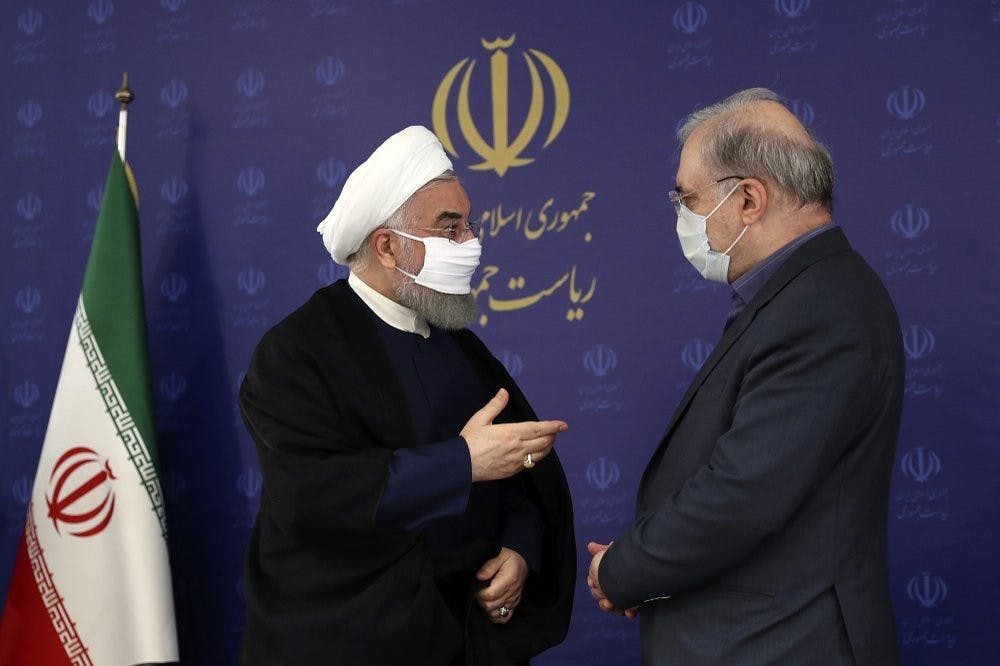
Wary of angering public, Iran has few ways to contain virus
As coronavirus infections reached new heights in Iran this month, overwhelming its hospitals and driving up its death toll, the country’s health minister gave a rare speech criticizing his own government’s refusal to enforce basic health measures. “We asked for fines to be collected from anyone who doesn’t wear a mask,” Saeed Namaki said last week, referring to the government’s new mandate for Tehran, the capital. “But go and find out how many people were fined. We said close roads, and yet how many did they close?”
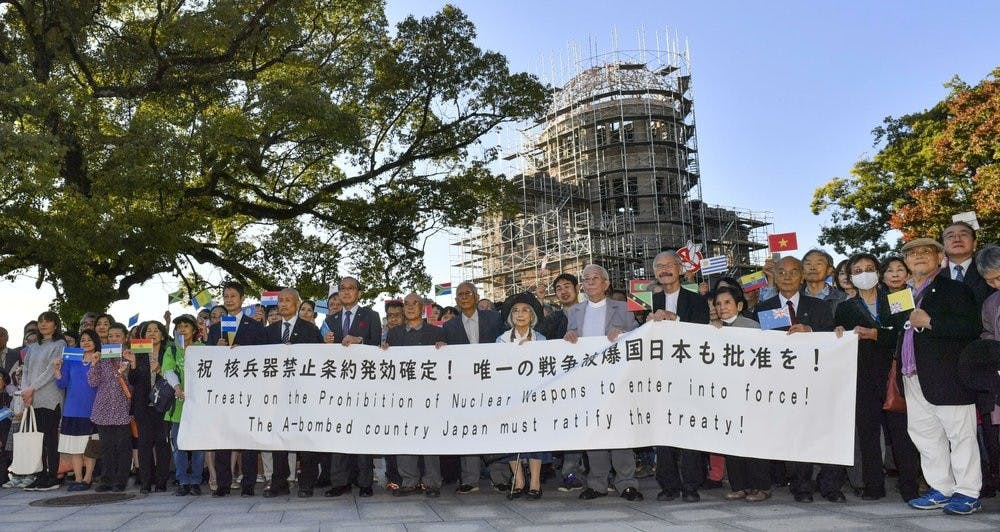
Japan rejects nuclear ban treaty; survivors to keep pushing
Japan said Monday it will not sign a U.N. treaty that bans nuclear weapons and does not welcome its entry into force next year, rejecting the wishes of atomic bomb survivors in Japan who are urging the government to join and work for a nuclear-free world. The United Nations confirmed Saturday that 50 countries have ratified the Treaty on the Prohibition of Nuclear Weapons, paving the way for its entry into force in 90 days. The announcement was hailed by anti-nuclear activists, but the treaty has been strongly opposed by the United States and other major nuclear powers.

